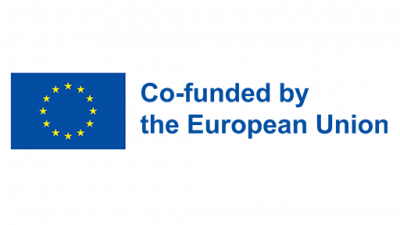Project
KIEHKURA - Julkiset hankinnat kestävän tuotekehityksen ja kiertotalousmarkkinoiden ajurina
Project sponsors

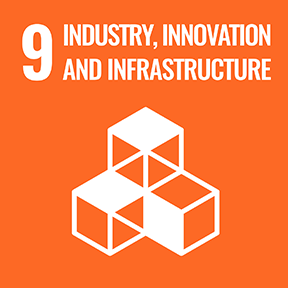
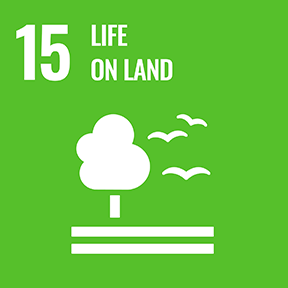
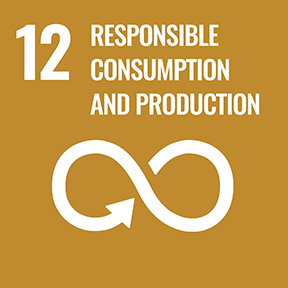
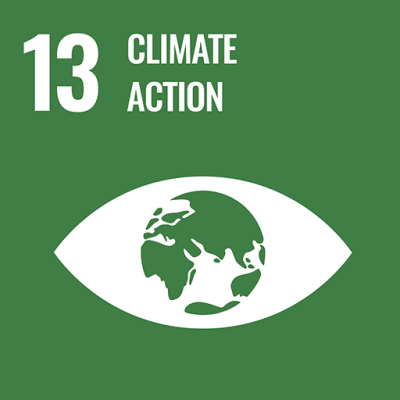
The project focuses on promoting the circular use and development of machines and equipment through public procurement. The goal is to support the transition of companies and procurement units towards a circular economy and to integrate circular economy principles into business operations and future product development. The KIEHKURA project develops circular economy-based business models and solutions that are incorporated into machinery and equipment procurements as well as the procurement process itself. The aim is to extend the lifespan of machines and equipment, improve their utilization and reparability, reduce waste generation, and increase the use of recycled materials. The project also maps existing sharing and collaborative economy platforms and models that could be scaled to the context of machines and equipment, thereby supporting the promotion of the sharing economy.
Sustainable product design is one of the priorities of the EU Circular Economy Action Plan, aiming to ensure more sustainable and circular machines and equipment in the EU internal market. The extension of the Ecodesign Regulation came into force on 18 July 2024, increasing sustainability requirements for various product groups and material cycles. The project explores the requirements of EU legislation (including sustainability reporting, the Ecodesign Regulation, and both EU and national Circular Economy Green Deal agreements), particularly those that impact the machinery and equipment markets and, consequently, directly influence companies' product development. Circular practices in production and procurement reduce greenhouse gas emissions, waste generation, and the depletion of biodiversity. Transitioning to a circular economy model supports the green transition of companies and helps both companies and procurement units achieve their carbon neutrality targets.
During the project, new market dialogue methods will be piloted, new circular economy criteria for machinery and equipment procurement will be prepared, innovative service models for procurement will be developed, and various types of procurement demonstrations will be carried out. Another key objective is to strengthen cooperation between companies, procurement units, and higher education institutions. In co-development workshops with companies, sustainability and dialogue indicators will be developed, and procurement targets defined to support the consideration of systemic change and the circular economy in procurement. These activities aim to create practical tools that influence the life cycle of machinery and equipment, promote the sustainable use of natural resources, or improve the reparability and availability of spare parts.
The project is funded by the European Regional Development Fund and coordinated by the Centre for Economic Development, Transport and the Environment for Häme (Häme ELY Centre).
In addition to Jamk University of Applied Sciences, the nationwide KIEHKURA project is being implemented by:
More information

